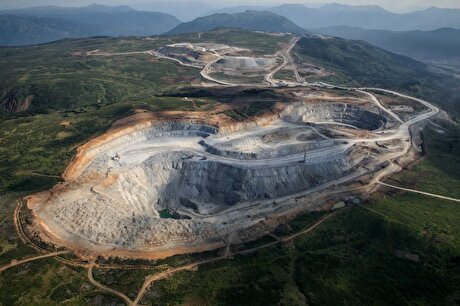
China’s Hebei Encouraging Steel Mills to Relocate Abroad amid Restructuring in Domestic Market
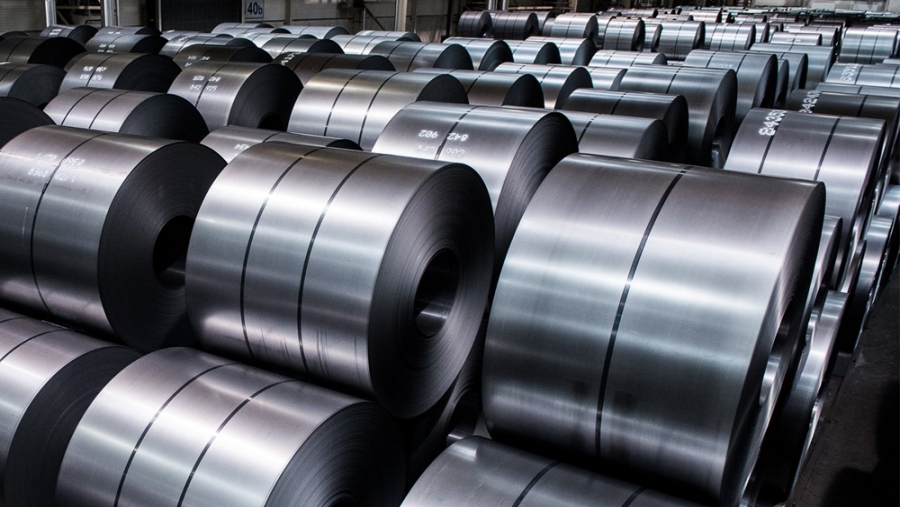
China’s One Belt One Road which is the country’s initiative to connect Asia, Africa, and Europe includes 71 countries that account for half the world’s population and a quarter of global GDP. This initiative has encouraged domestic enterprises in China to invest overseas and co-operate with countries that have embraced this project. Moreover, this happening at the time when domestic steel producers are barred from adding new capacities in the home market amid environmental concerns which have subsequently increased the interest of Chinese steelmakers to invest in overseas steel projects.
According to a late December release on the Hebei government’s website, Hebei province is hoping that by the end of 2020, local steelmakers under its jurisdiction will expand their steelmaking capacity in foreign countries to 12 MnT, amid the establishment of steelmaking bases abroad by leading Chinese steel enterprises.
With the buoyant market environment globally, the Hebei government believes that it will be financially less risky for Chinese steelmakers to set up the project abroad. According to Hebei province government, the demand for steel in the global market will remain robust, with apparent steel consumption worldwide in 2020 continuing to hover around 1.6 billion tonnes.
Hebei is home to 11 key steel producers with the presence of HBIS Group, Shougang Group, Jinxi Steel, and Jingye Steel whose annual crude steel production capacities even surpass 10 MnT. As of now, steel mills based in Hebei have built or acquired eight steel projects offshore whose total steelmaking capacity is 6.35 MnT. Some of the overseas projects which the province has been supporting are Delong Steel Indonesia Tsingshan Industrial Park in Sulawesi, Indonesia, and the Xinwuan Steel Malaysia Industrial Park in Sarawak, Malaysia.
Capacity cuts in Hebei province in 2018-2019
The statistics from the provincial government of Hebei shows that in 2018, a total of 10.87 MnT of ironmaking capacity and 12.3 MnT of steelmaking capacity and 14.01 MnT of coke capacity had been permanently removed from the province and also zombie enterprises were cleaned out.
In 2019, the province has set a target of eliminating 14 MnT of steelmaking capacity, coal capacity of 9 MnT, and coke capacity by 3 MnT. It will also strive to reduce the PM 2.5 concentration by more than 5% as compared to 2018.
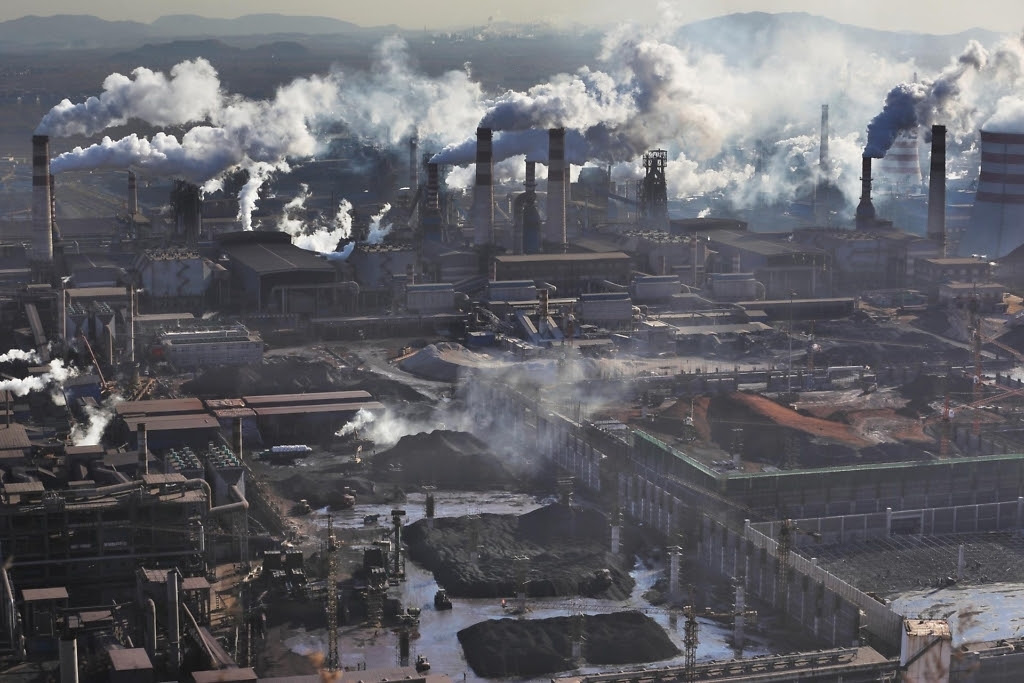

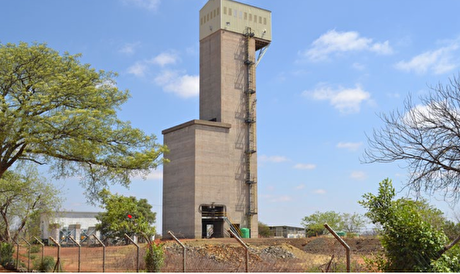
NexMetals receives EXIM letter for potential $150M loan
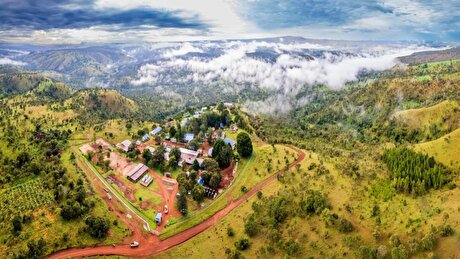
Lifezone Metals buys BHP’s stake in Kabanga, estimates $1.6B project value
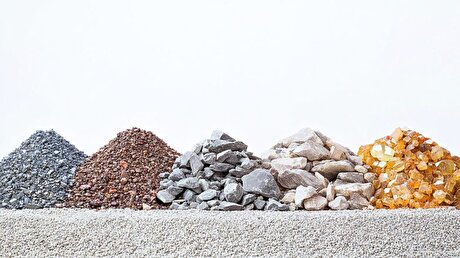
China quietly issues 2025 rare earth quotas
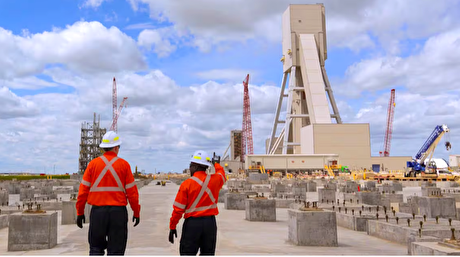
BHP delays Jansen potash mine, blows budget by 30%
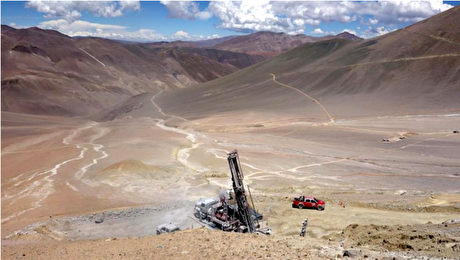
BHP, Lundin JV extends useful life of Argentina copper mine

Gold price eases after Trump downplays clash with Fed chair Powell
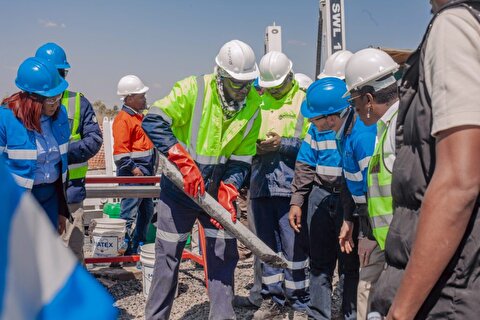
KoBold signs Congo deal to boost US mineral supply

Teck approves $2.4B expansion of Highland Valley Copper
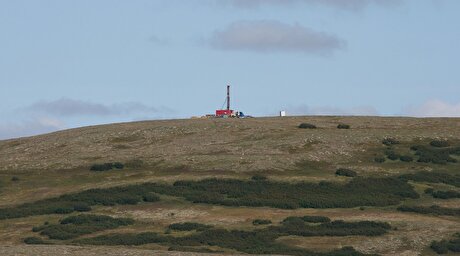
Northern Dynasty extends losses as it seeks court resolution on Pebble project veto
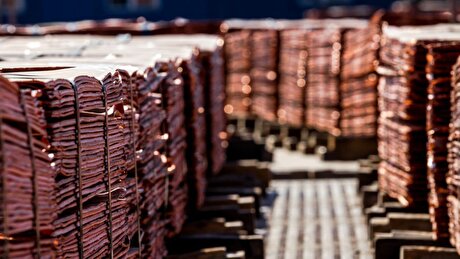
Copper price pulls back sharply ahead of US tariff deadline

Teck approves $2.4B expansion of Highland Valley Copper
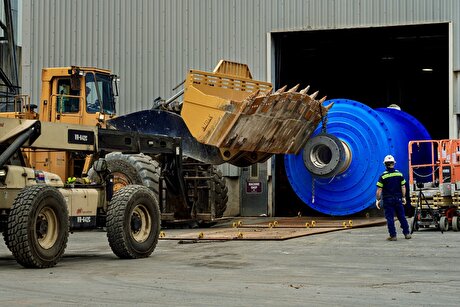
Titan Mining targets Q4 2025 to become only integrated US graphite producer
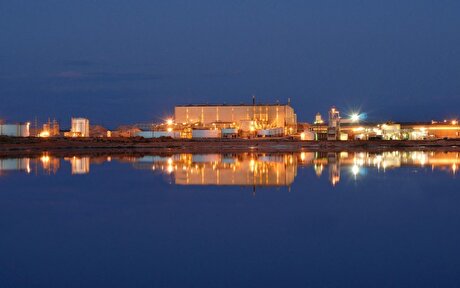
Energy Fuels surges to 3-year high as it begins heavy rare earth production
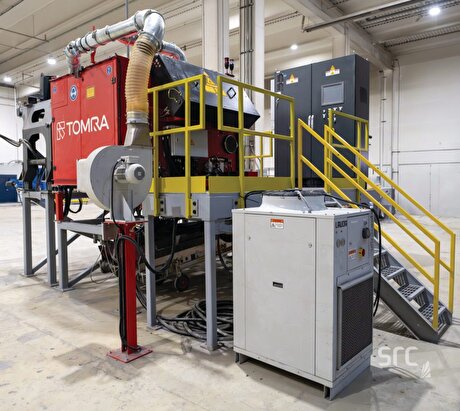
Saskatchewan Research Council adds full-scale laser sorter to mining industry services
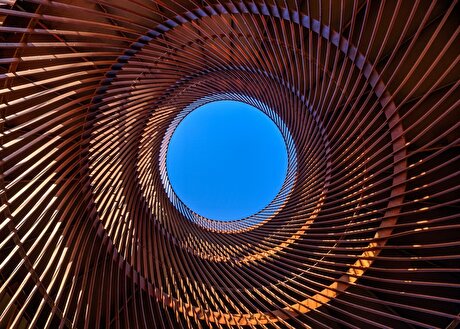
Copper price hits new record as tariff deadline looms
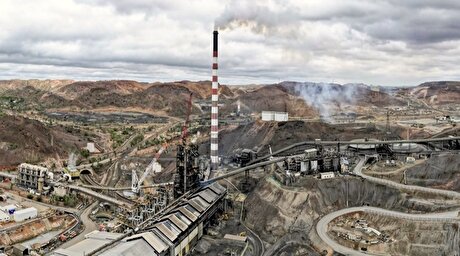
Glencore workers brace for layoffs on looming Mount Isa shutdown
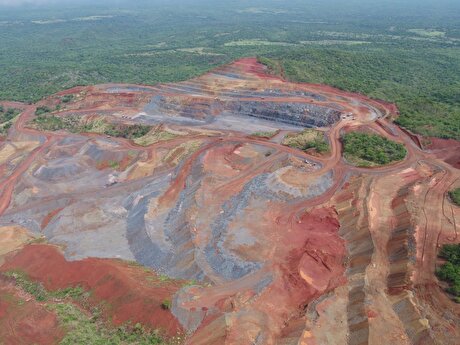
Resolute publishes initial resource for satellite deposit near Senegal mine
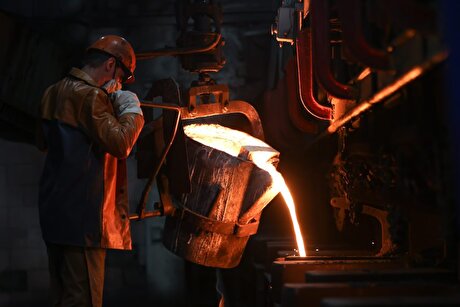
Brazil producers look to halt pig iron output as US tariff threat crimps demand
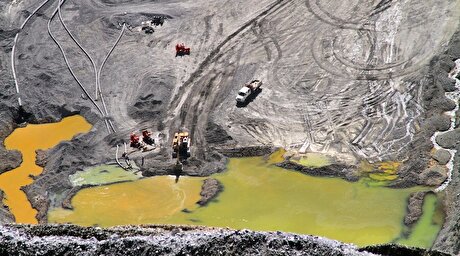
US targets mine waste to boost local critical minerals supply

Titan Mining targets Q4 2025 to become only integrated US graphite producer

Energy Fuels surges to 3-year high as it begins heavy rare earth production

Saskatchewan Research Council adds full-scale laser sorter to mining industry services

Copper price hits new record as tariff deadline looms

Glencore workers brace for layoffs on looming Mount Isa shutdown

Resolute publishes initial resource for satellite deposit near Senegal mine

Brazil producers look to halt pig iron output as US tariff threat crimps demand

US targets mine waste to boost local critical minerals supply

Gold price eases after Trump downplays clash with Fed chair Powell
